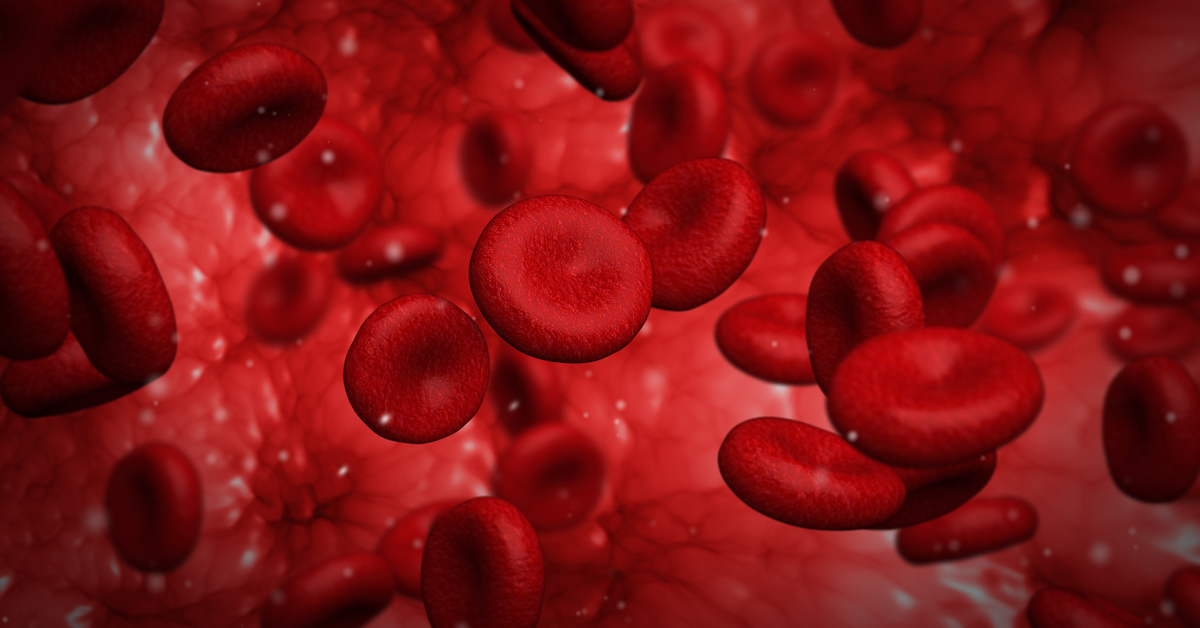The course is designed to introduce students to the major disciplines ( Hematology, Histopathology, Microbiology, Clinical Chemistry, Blood Banking etc) in the medical technology profession. In addition, students are introduced to the structure of clinical laboratory and pathology services and an examination of the roles and functions of Medical Technologists. Students are acquainted with professional practice issues including ethical practices in medical technology and laboratory based research and an introduction to environmental and occupational health and safety issues affecting laboratory practices. The course includes discussion on the historical foundations of the profession, its impact to society and its contribution to other medical sciences
Course Outcomes:
A graduate of Bachelor of Medical Technology course must achieve the following after finishing the subject:
1. Identify the specific duties a Medical Technologist performs in clinical laboratory as well as other fields .
2. Describe the organization, services, function and nature of the working environment of Medical Technologists.
3. Realize the role of Medical Technologists in diagnosis, treatment and management of diseases and the impact of the profession to the society in general.
4. Recognize the importance of the Medical Technology profession in the delivery of health care services.
5. Integrate the scientific ethics and humanistic values when dealing and with application of concept of the course in everyday life.
6. Discuss the history of medical technology as a profession
|
The course deals with the study of fundamentals of blood as a tissue. It is designed to cover blood cell disorders, routine and special hematology procedures, as well as quality control and quality assurance. |

